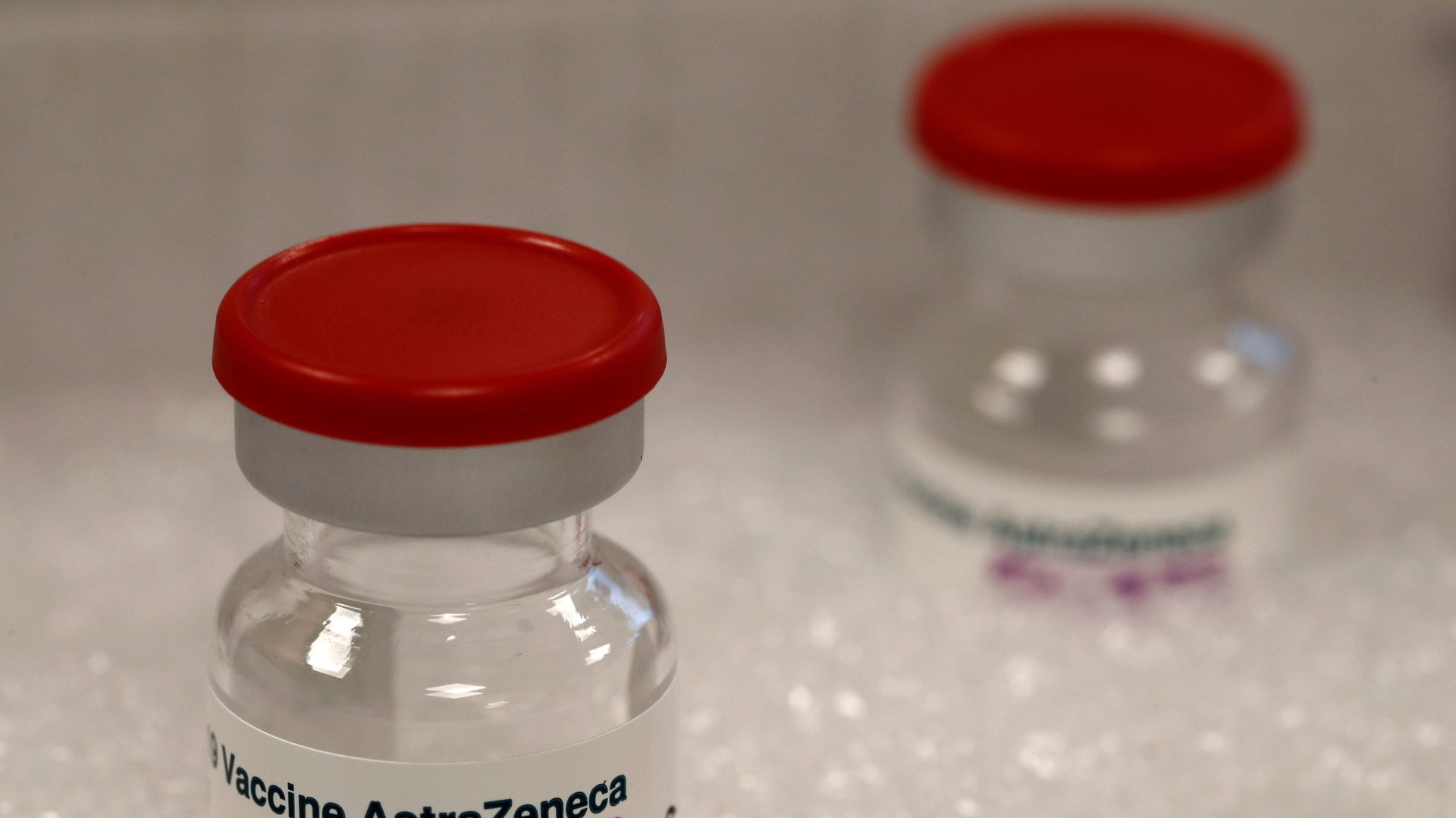Europe has never been confident in Covid-19 vaccines
Europe has a problem getting vaccines into arms—and it started long before anecdotal reports of potential side effects brought the distribution of AstraZeneca’s vaccine to a halt.


Europe has a problem getting vaccines into arms—and it started long before anecdotal reports of potential side effects brought the distribution of AstraZeneca’s vaccine to a halt.
Despite being some of the wealthiest countries to have access to Covid-19 vaccines, people living in some European countries have been among those least willing to take them, according to a study published by scientists based in Europe and the US in October of 2020.
The study, which was published in Nature Medicine, featured a survey of 13,426 people across 19 countries in June of 2020. Each country had roughly 700 respondents. When asked if they would take a Covid-19 vaccine if data supported its safety and efficacy, people living in China were the most enthusiastic, with nearly 87% saying they were very or somewhat likely to take it when it became available. Respondents from Spain, Germany, Italy, and Sweden, however, gave a more tepid response. And less than 60% of respondents from France, Poland, and Russia, would have agreed to take the vaccine.
As Politico reports, vaccine hesitancy has been a difficult obstacle for many Europeans to overcome. Even before the vaccine rollout began, the European Commission bargained with vaccine manufacturing companies to be held responsible any adverse side effects that resulted from their inoculations—but they didn’t pan out. Now, each company has its own unique liability agreement with the Commission, and the negotiations didn’t do much to build up trust between drug makers and potential recipients.
The latest hurdle for Europe’s vaccine rollout to clear is concerns around the safety around AstraZeneca’s vaccine. Anecdotal reports of dozens of recipients developing blood clots have led lawmakers to temporarily pause their vaccine distribution. And while public health experts would argue that it’s always important to scrutinize vaccines (or any medical treatment, for that matter), there is little scientific evidence that AstraZeneca’s vaccines caused these blood clots; in fact, there are lots of random side effects recipients have reported that have nothing to do with the jab. This additional skepticism, combined with pre-existing hesitancy, may lead Europe to fall behind even the US in containing the Covid-19 pandemic.